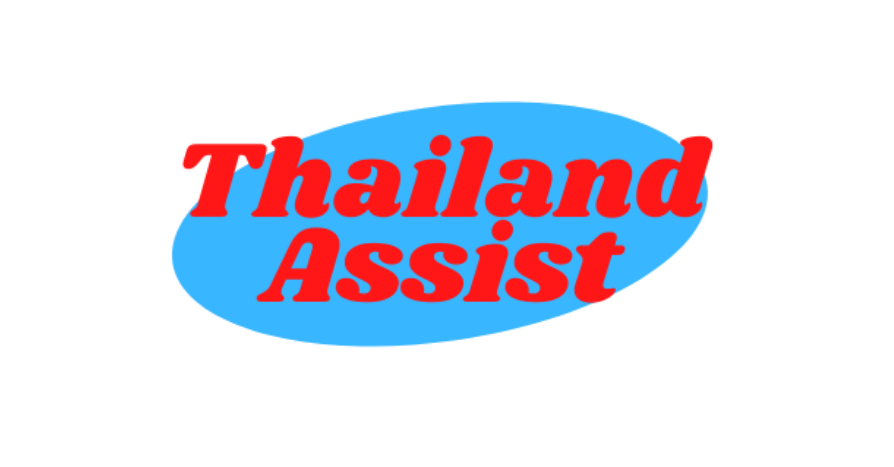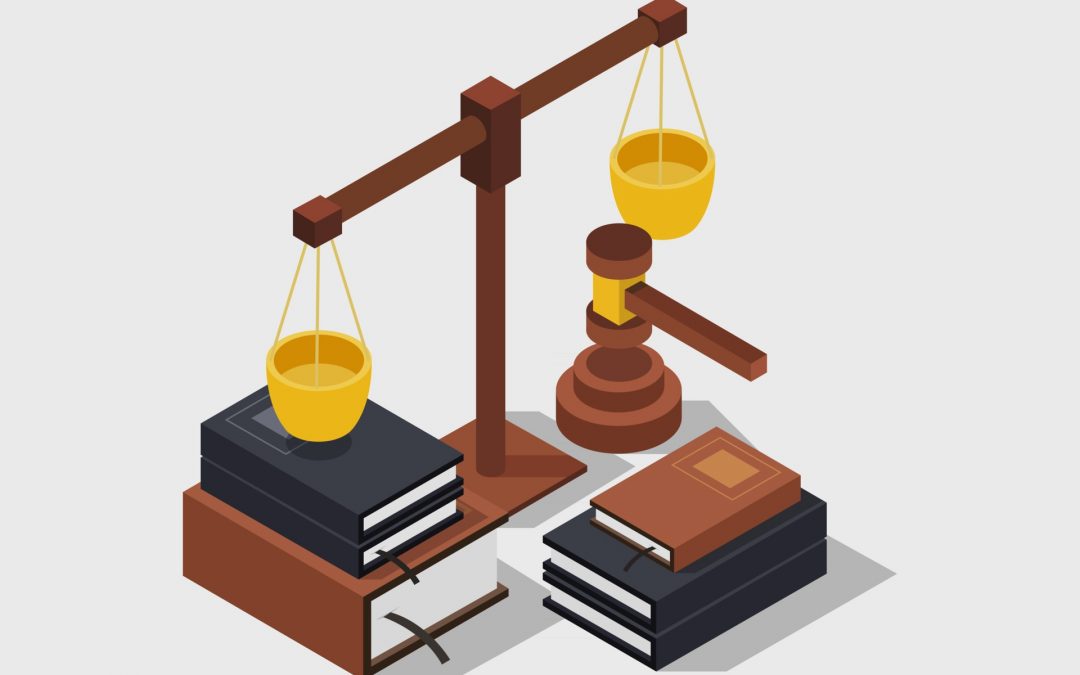The Universal Declaration of Human Rights (UDHR) serves as a moral compass for governments, communities, and individuals worldwide. Adopted by the United Nations General Assembly in 1948, the Declaration established a global benchmark for fundamental rights and freedoms. It enshrines the belief that all individuals are entitled to inherent dignity and rights, regardless of their nationality, ethnicity, or social status. These rights, which range from the right to life and liberty to freedom from torture and the right to education, are considered universal and inalienable. For societies around the world, the UDHR represents a shared vision for a world in which respect for each person’s freedoms and rights is the norm.
The Declaration is not merely a set of aspirational goals. It calls for all members of society to actively promote and secure the recognition and protection of these rights. Governments, organizations, and citizens are encouraged to engage in continuous efforts to uphold human rights through education, policy, and action. In practical terms, this involves not only establishing laws that protect human rights but also educating people to respect and understand them. When human rights are embedded within the social consciousness, societies are better equipped to stand against injustices that threaten the well-being and dignity of individuals or communities.
Thailand, like many other nations, has adopted legal frameworks that reflect the principles outlined in the UDHR. The Thai Constitution guarantees equality before the law, providing that all individuals, regardless of gender, race, religion, or political beliefs, are entitled to the same legal rights and protections. This includes the right to life, freedom of expression, and freedom of movement. Additionally, the legal system in Thailand upholds the right to seek legal recourse if these rights are violated. When cases of defamation, property damage, or personal injury occur, Thai law provides avenues for victims to seek compensation or remedy. Engaging with a lawyer in Thailand can be an important step in navigating these complex legal processes, as they provide specialized knowledge on issues such as defamation, damages, and the protections afforded under Thai law.
In cases where someone has been defamed or suffered damage to property or personal well-being, the legal system offers remedies to restore their rights and provide a sense of justice. Thai law addresses defamation seriously, recognizing that an individual’s reputation is a valuable aspect of their dignity. Defamation can take various forms, including spoken, written, or published statements that damage someone’s reputation unjustly. Under Thai law, those who feel they have been defamed can seek redress by proving that the defamatory statements were false, injurious, and harmful to their reputation. Legal compensation for defamation can range from monetary damages to public apologies, depending on the case’s circumstances.
Property rights are also protected in Thailand, aligning with the UDHR’s principle of the right to own property. If an individual’s property is unlawfully damaged or destroyed, the affected person can seek compensation through legal channels. For instance, cases of property damage due to vandalism, negligence, or trespass may lead to financial restitution for the victim. In such instances, working with a Thai lawyer who understands local property laws can be invaluable. They can guide individuals on the steps required to file a claim, collect evidence, and represent their interests in court.
Personal injury cases, where an individual suffers harm due to the actions or negligence of another, are also addressed within the Thai legal framework. Victims can file claims to seek compensation for medical expenses, lost income, and emotional distress. These cases can arise from various situations, such as road accidents, workplace incidents, or even domestic conflicts. When someone’s personal well-being is compromised, the law steps in to provide a pathway for redress, emphasizing the value of personal security and dignity. Once again, the role of legal counsel is crucial in such matters, as personal injury claims often require the presentation of medical records, eyewitness testimony, and other forms of evidence.
Education plays a critical role in raising awareness about these rights and ensuring that individuals understand both their rights and responsibilities under the law. In many societies, a significant challenge lies in educating the public on how to recognize when their rights are being infringed and how to seek assistance. Legal literacy initiatives, community programs, and school curricula that focus on human rights are essential in creating informed citizens who can identify and assert their rights. Thailand has made strides in this area, incorporating human rights education in schools and communities. This helps individuals not only to understand their rights but also to appreciate the importance of respecting the rights of others, fostering a culture of mutual respect and tolerance.
However, the journey to fully realizing human rights for all is ongoing and requires continuous effort. Global events have demonstrated that rights are sometimes compromised, especially for marginalized communities. Discrimination, gender inequality, political repression, and social exclusion continue to undermine the goal of universal human rights. The challenges faced by vulnerable groups underscore the need for nations to not only commit to the ideals of the UDHR but also to adapt these ideals to their specific social, cultural, and economic contexts.
Thailand’s commitment to human rights is evident through its legal system and constitution. Nevertheless, as in many countries, there are challenges in ensuring that all individuals can enjoy these rights without discrimination. Social, economic, and political factors can influence how effectively these rights are upheld in practice. For instance, while Thai law protects freedom of expression, there are instances where individuals face repercussions for exercising this right, particularly in sensitive political matters. Such tensions highlight the complexities involved in balancing legal frameworks with cultural norms and government policies.
Thailand’s legal system offers mechanisms to support individuals who have suffered violations of their rights. However, navigating these mechanisms can be challenging for those unfamiliar with legal processes. This is why seeking legal counsel is essential for individuals looking to assert their rights in cases of defamation, personal injury, or property damage. Lawyers in Thailand are well-equipped to guide clients through these cases, offering insights into Thai legal practices and strategies for achieving fair outcomes.
The principles of the UDHR provide a foundation for Thailand’s legal system, affirming the idea that justice should be accessible to all. When individuals understand their rights and know the appropriate steps to take when these rights are violated, they can contribute to a society in which respect for human dignity is upheld. By striving to educate the public, uphold legal protections, and promote a culture of tolerance, Thailand can continue to work towards a more just society that reflects the universal values of freedom, equality, and respect for all.
The realization of human rights is a collective responsibility that transcends national boundaries. As each person becomes more aware of their rights and those of others, the vision of a world where human rights are universally respected becomes more attainable. For Thailand and other nations, this means fostering environments where rights are not only protected by law but are also respected in everyday interactions. It is through these efforts that the ideals of the Universal Declaration of Human Rights move closer to becoming a living reality, promoting peace, equality, and justice in societies around the globe.

